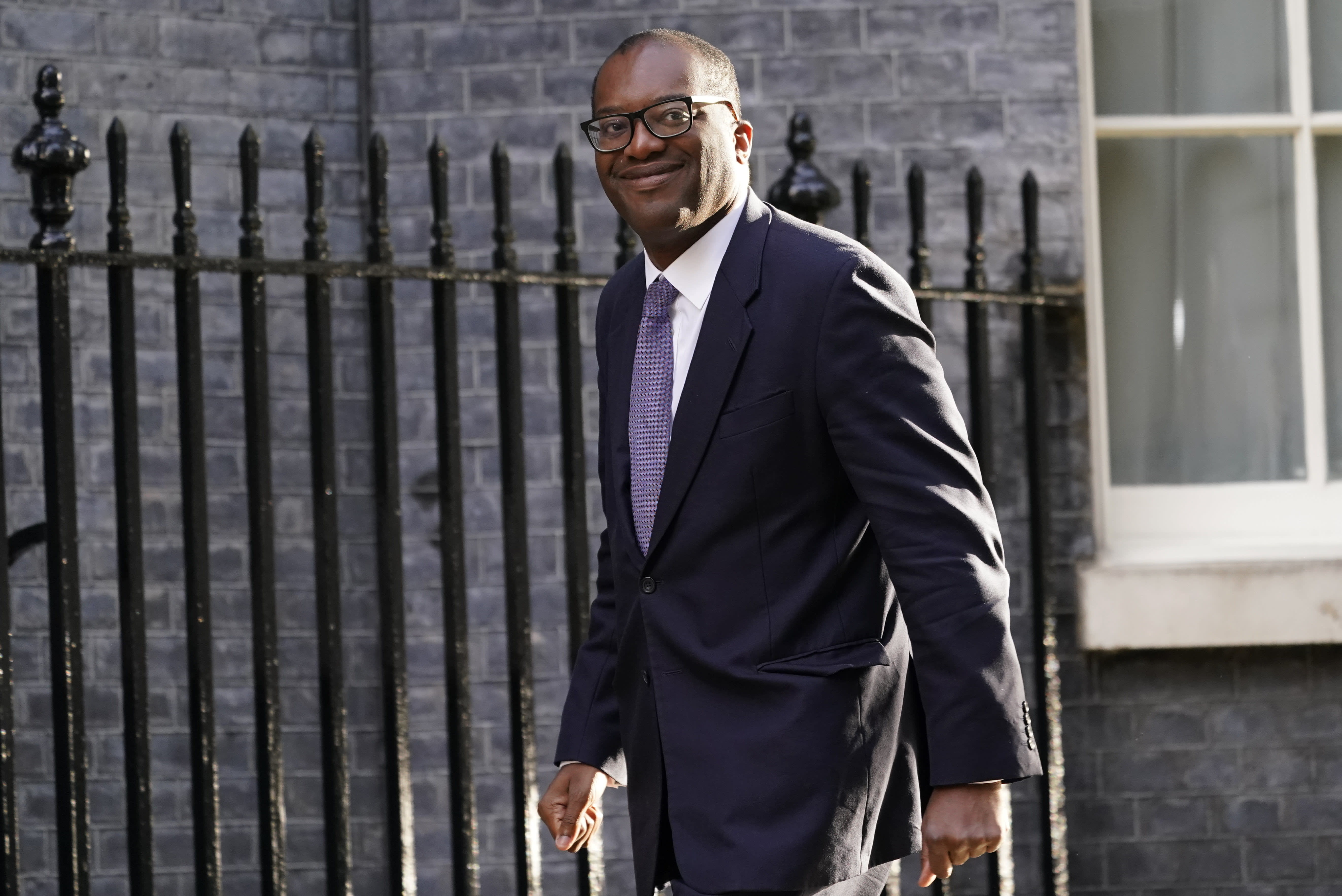
The new chancellor of the exchequer, Kwasi Kwarteng will deliver the budget against a backdrop of a cost of living crisis, rising interest rates, and a looming recession.
Here’s what advisers should expect from the announcement.
Energy bills
The government has already announced that the average household’s energy bills will be capped at £2,500 a year for two years.
However, no more details have been given, and this budget will likely contain the cost of such a cap, as well as any more information on assistance for businesses, whose costs are capped for six months only, and have previously not benefited from any price cap.
The concern is the need to address swelling public debtMyron Jobson, Interactive Investor
Danni Hewson, finance analyst at AJ Bell highlighted this, saying many businesses have seen their bills skyrocket at a time consumers are cutting back and the economy is slowing.
“Though energy costs are the most pressing concern of many businesses, small businesses are particularly desperate for information about the help that may be available beyond a price cap,” she said.
There is also the cost of the plan, and how it will be paid for.
Previous estimates have put the overall cost at £90bn for households, and around £40bn to £60bn for businesses, though the latter is still being finalised.
Tax
There have been suggestions that the new government will move the 1p income tax cut forward a year, to 2023.
It has also been mooted that the higher rate of income tax be raised from £50,270 to £80,000, which could result in a tax saving of nearly £6,000 for those earning above the £80,000 threshold.
Clarification is also expected on Truss’s previous statements that her government will rule out a change in the level of corporation tax, which is currently 19 per cent.
She has also said she will scrap the social care levy, introduced as an increase to national insurance in April this year to pay for reforms to the UK’s social care system, as well as how these policies will be funded.
Rachael Griffin, tax and financial planning expert at Quilter, said: “Scrapping the NI hike may risk leading to a situation where Truss has to rob Peter to pay Paul if she wants to keep the planned social care reforms.”
Griffin added that the national insurance u-turn would have a much greater impact on someone earning £100,000 a year, saving £1,092 annually, than for someone earning £27,000, who would save £180 a year.




